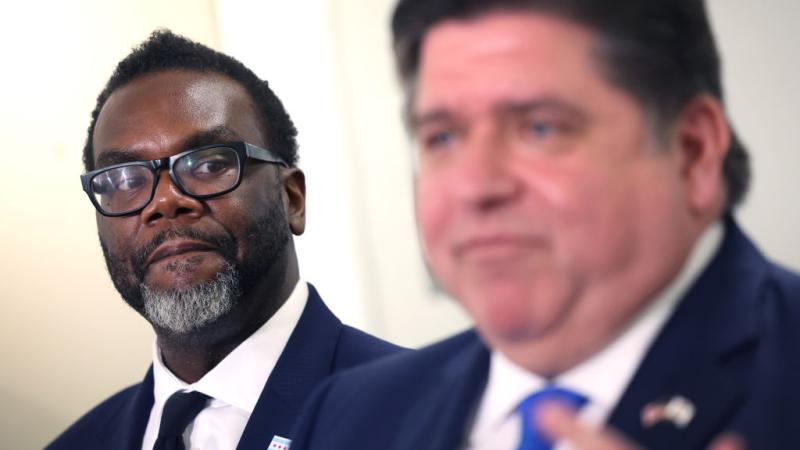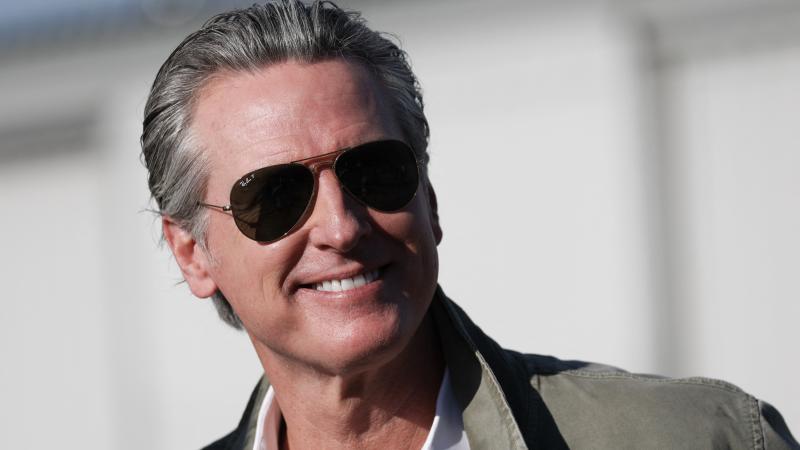Facebook promised to remove 'often-true content' on COVID under White House pressure: emails
Officials had demanded Facebook explain how it plans to mitigate "borderline content" from its internal research, and prove it's not "playing a shell game with us."
Facebook has pledged to remove "often-true content" the government considers COVID-19 misinformation under sustained pressure from a White House official, according to newly disclosed communications in the federal censorship collusion lawsuit by Missouri and Louisiana attorneys general.
In a March 14, 2021 email with the subject line "You are hiding the ball," White House Director of Digital Strategy Rob Flaherty showed a Facebook executive a Washington Post article on Facebook's research into drivers of vaccine hesitancy on its own platform, including fears of worse-than-expected adverse events.
Flaherty put Andy Slavitt, senior adviser on President Biden's COVID response team, on the thread, too.
The executive, whose name is redacted in the email thread, responded that there was a "misunderstanding." Flaherty shot back that he has been "asking you guys pretty directly" about the extent to which "borderline content" is driving hesitancy and how Facebook plans to mitigate such spread "as part of your 'lockdown.'"
The Post report shows "you have data on the impact of borderline content," but when the White House asks for it, Facebook gives Flaherty the runaround, the official told the executive. "We are gravely concerned" Facebook is a "top driver" of hesitancy and want to know "you're trying," how the White House "can help" and confirmation that "you're not playing a shell game with us."
The executive said the leaked research was "early work" and hadn't gone through enough "quality assurance" to be shared publicly, but thanked Flaherty for "hold[ing] me accountable." Slavitt responded that Facebook seemed to be "trying to meet a minimum hurdle instead of trying to solve the problem" of purported misinformation, relative to other tech platforms.
The executive agreed Facebook needs to share information faster with the White House, and a week later provided a list of changes Facebook was making. One of them was "reducing the virality of content discouraging vaccines" that does not otherwise violate a policy but "can be framed as sensation [sic], alarmist, or shocking."















